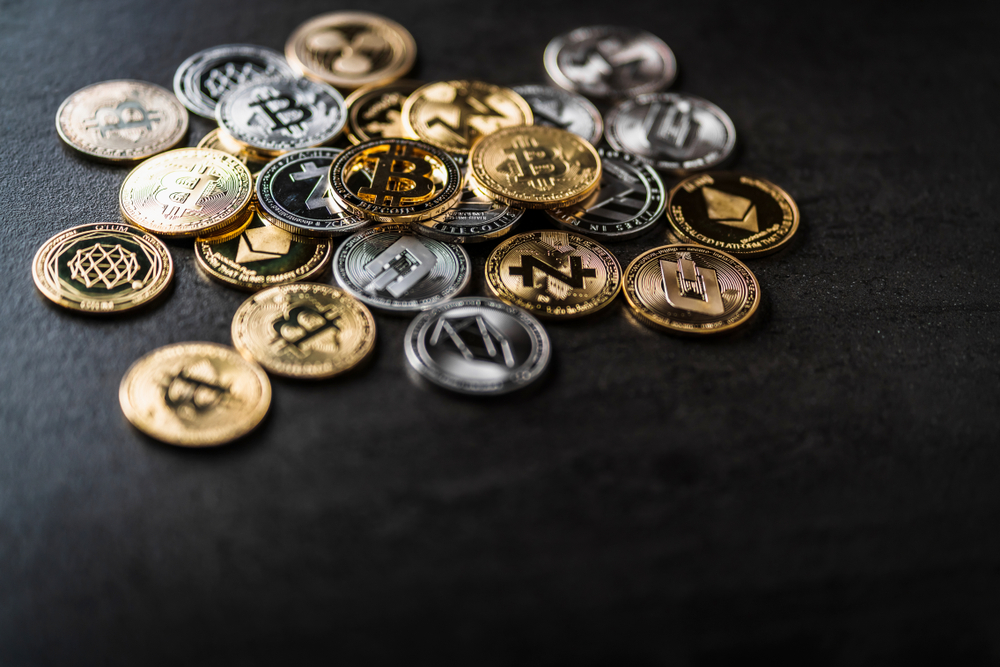2018-10-20 18:35 |
Digital Asset Regulation Can Help Countries Improve The Market
Ripple released an article in which they talk about how digital asset regulation could improve the crypto and financial market. Back in 2014, the popular cryptocurrency exchange Mt Gox went bankrupt after being attacked and losing more than $460 million dollars of Bitcoins.
At that moment, Mt Gox accounted for over 70% of the total Bitcoin trading at that time. Investors lost a very large amount of money and cryptocurrencies were close to an end. Several policymakers at that time believed that the best for the space was to ban digital asset trading.
However, Japan did not want the market to be completely banned. Indeed, the country decided to introduce new regulations to support the market and encourage more investments. According to Sagar Sarbhai, digital assets should be regulated on a global scale.
Japan is one of the most open countries toward virtual currencies and new technologies. However, India and China decided to take very hard measures against virtual currencies. Japan is the exception. Nowadays, almost half of Bitcoin trading is exchanged with the Japanese Yen, according to CoinHills. The US dollar accounts 40% of the international Bitcoin trade, followed by the Korean Won, the Euro and the British Pound.
Although Japan has been taking very positive measures for virtual currencies, other countries did not follow the example. Why? In general, some of the countries believe that the crypto market is yet to small or not important enough to be regulated. However, there are some countries that are worried about money laundering activities, crime, terrorism and tax evasion.
In China, trading activities and virtual currencies have been completely banned. In India, the Reserve Bank of the country (RBI) decided to warn investors about the risks related to crypto investments. The RBI has also pressed financial institutions not to offer services to companies such as exchanges or individuals dealing with virtual currencies.
Ripple says that the best is to collaborate with regulators and work within the existing financial system. With better regulations, companies and organizations will start to use digital assets and cryptocurrencies to improve their services and offer new and innovative solutions.
Ripple explains that it has always proposed a three-pronged approach to cryptocurrency regulations. The company says that it is important to be focused on use cases, address risks to consumers and provide guidance to banks about cryptocurrencies.
Nowadays, exchanges in this Asian country must be totally regulated and licensed if they want to operate. Additionally, Bitcoin has been the first digital asset to be accepted as legal tender. Clearly, Japan is at the forefront of the industry. Consumers, businesses and financial institutions are also more comfortable when the market is regulated in this way. It increases predictability and protects both investors and companies.
Nonetheless, this does not mean that there are no things to improve. Indeed, at the beginning of the year, the crypto exchange located in Japan, Coincheck, experienced a hack that resulted in the theft of over $500 million dollars worth of NEM coins. This is why the regulatory watchdog of the country, the Financial Services Agency (FSA) pressed Coincheck and other exchanges to increase their security. Because of this measure, the exchange was able to compensate investors for the losses they had. Some other exchanges were shut down, while others improved their security and services.
If the market is not properly regulated, these financial tools will be open to abuse. However, if good regulations are planned and imposed, the risk gets reduced and investors’ trust increases.
origin »Bitcoin price in Telegram @btc_price_every_hour
Digital Rupees (DRS) на Currencies.ru
|
|






























